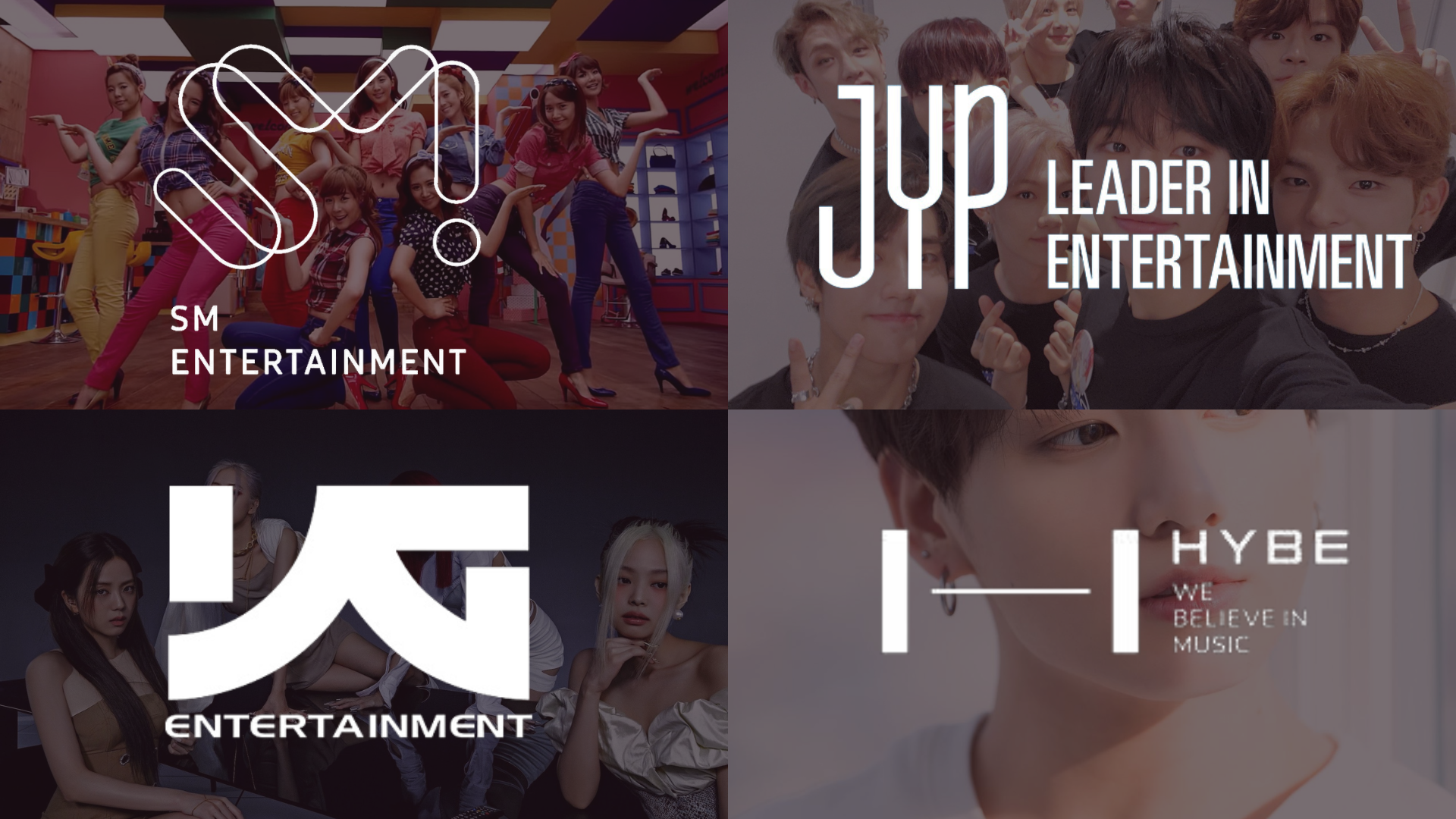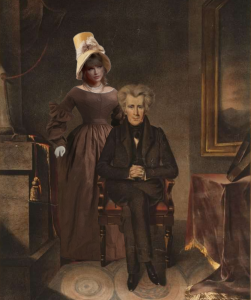
Four big-name companies in the K-pop industry are facing backlash from fans after their ties with Israel were revealed.
The hashtag #StrikeAgainstThe4 was created in solidarity with the Palestinian crisis and on Jan. 23 it went viral on social media as fans called for the “big four” K-pop companies in South Korea to drop contract and advertisement agreements with companies that are openly and actively supporting Israel.
The four companies being boycotted include SM Entertainment, YG Entertainment, JYP Entertainment and HYBE. These companies are all known for their advertisement contracts with McDonalds and Burger King, who have both sent money and food to Israeli soldiers.
Groups like EXO, Girls’ Generation, Red Velvet, BlackPink, TWICE, Stray Kids, ITZY and BTS may have seen a sudden drop in their streaming numbers the week of Jan. 23, as fans have turned to other songs or artists with no active ties or relations to Israel.
The boycott lasted from Jan. 23-28. Some fans were enthusiastic about the sentiment and others asked how the boycott of the big four companies would impact the Israeli-Palestinian conflict.
K-pop fans are known for having an impact on social and political movements. In 2020, BTS fans worked together to raise over $1 million for the Black Lives Matter movement, with Reuters explaining that fans hit that set goal in just 25 hours.
An organization created by BTS fans, One in an ARMY, hosts monthly campaigns where they donate to local charities and campaigns throughout the world.
The power of K-pop fans isn’t lost on their favorite artists.
ENHYPEN member Jake hosted a live stream where fans saw him drinking coffee from a Starbucks cup. But after several comments from his viewers, Jake responded to a fan’s message asking him to stop buying from Starbucks, saying he made a mistake and would not continue supporting the company.
Starbucks has recently seen an $11 billion loss in market value, claiming that the boycotts are not the leading cause, but rather foot traffic and an anti-union sentiment. Companies like McDonalds are also losing customers, with the specific company claiming consumers are following “misinformation” regarding where the company stands amidst the crisis, according to NewsWeek.
The boycott against the four major K-pop companies is over, but the sentiment remains in fans’ minds. While they may have gone back to listening to their favorite bands or artists, fans have stopped going to Starbucks for their morning coffee or to McDonalds for a quick lunch. And based on the impression K-pop fans have left on big movements, their power may be more noteworthy than most believe.




